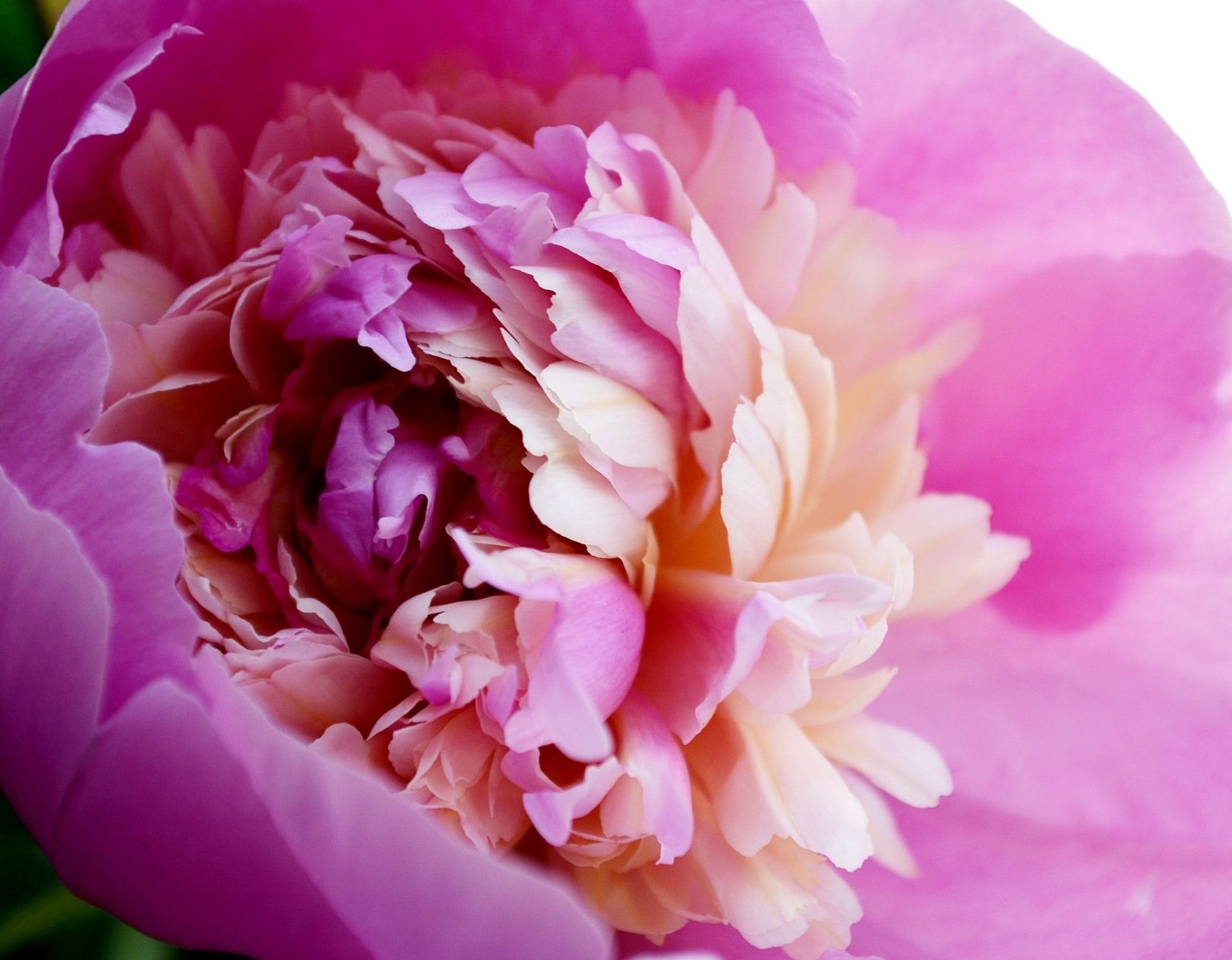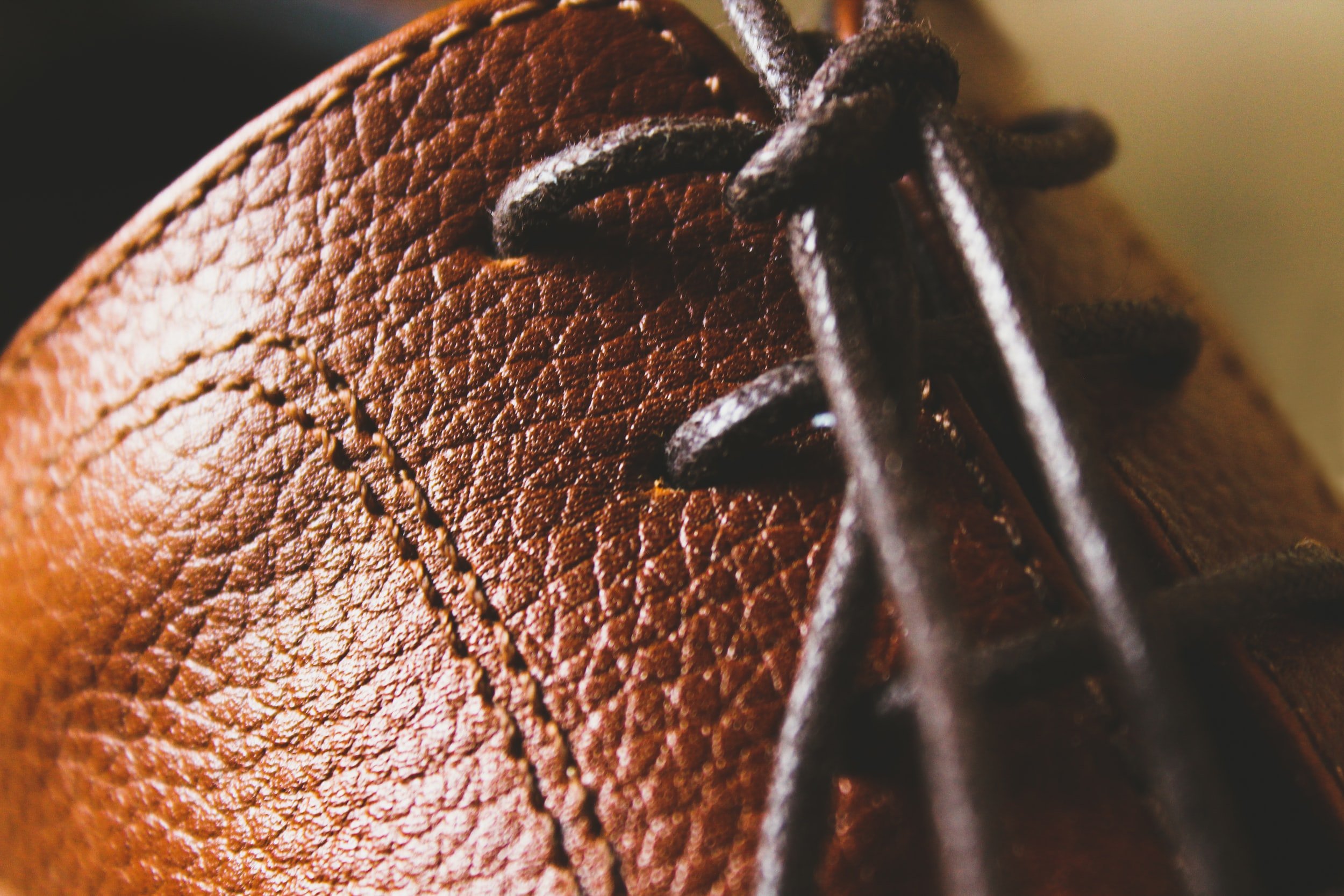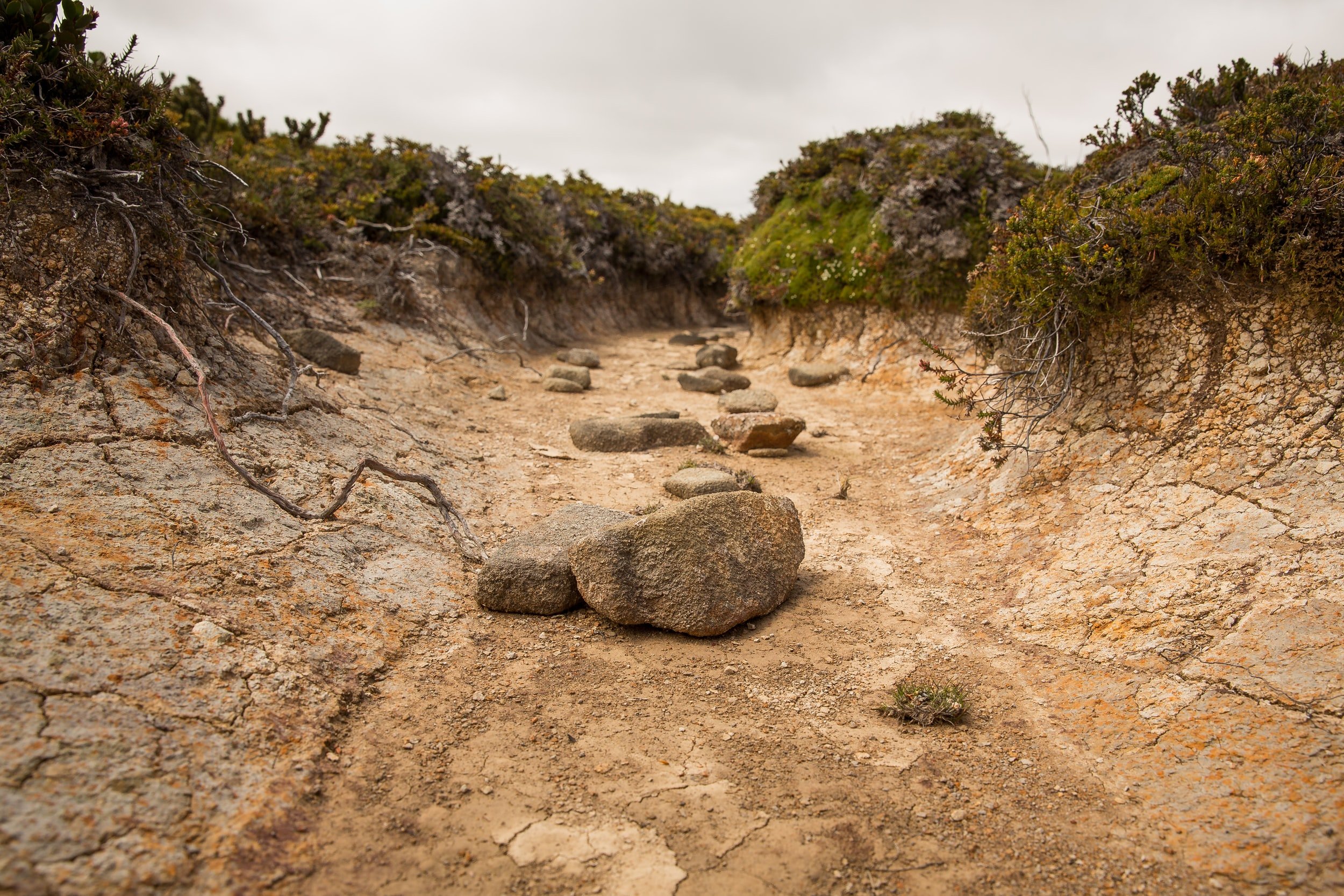Image description: The head of a kayak on a still river, trees on the skyline, sun reflecting off the water.
By Laura Remington
I dip the paddle right, swing it over and dip it left. My kayak glides across the still surface, slicing the mirror. Water dribbles from the paddle. Warps reflections. Only loons talking. Cold water. Sparkles like diamonds.
We were on that rafting trip on the Youghiogheny River, Rafe and I. Water shockingly cold. A recorded voice warned if you fell in you could lose the will to live. So dramatic. We laughed. Couldn’t stop laughing.
The ring. I paddle along the shore. Still seeking. Not finding. The water is warmer here near land. Warm enough to swim.
Not there. On the Youghiogheny. The rushing water was just as cold on shore. We dipped in and out. Fast. Laughing. Warmed each other up. They weren’t lying about the hypothermia. Tent for two. Small blue velvet box. Ring size.
Later, on the Boundary Waters, mosquitos were the size of lemons. Black flies more like cantaloupes. Both voracious. Water still and cold. We paddled all day. Mostly silent. Less laughing. Our tent was more elaborate. Comfortable air mattresses. A real cook stove. My finger bare. Sparkle gone.
The ring knew. It told me before he did. Has it found its way to Lake Superior? Is it on the muddy bottom below? In the middle of the lake, I set the paddle across the deck and slow to a stop. When I look down, I see only my reflection. I lean back and tip my face toward the sun.
Laura Remington lives and writes in Northern California, but at heart she’s a Yooper, born and raised in the Upper Peninsula of Michigan. Her fiction has appeared in several publications, including Jabberwock Review, Barstrow & Grand, Third Wednesday Magazine, DASH Literary Journal, and Clackamas Literary Review.



















